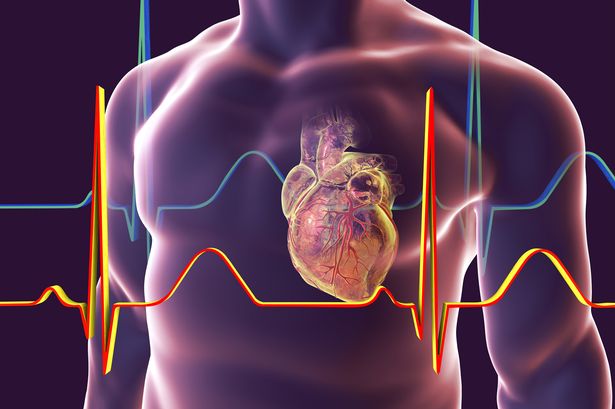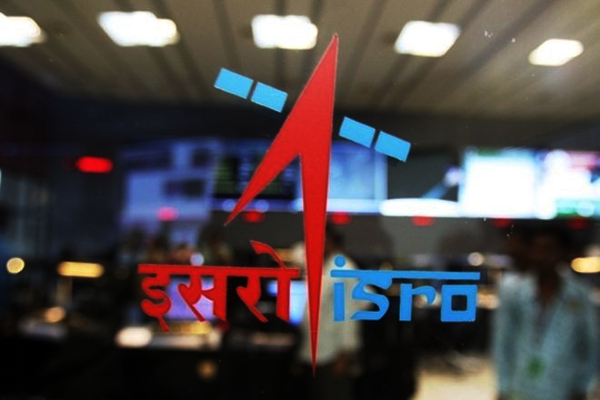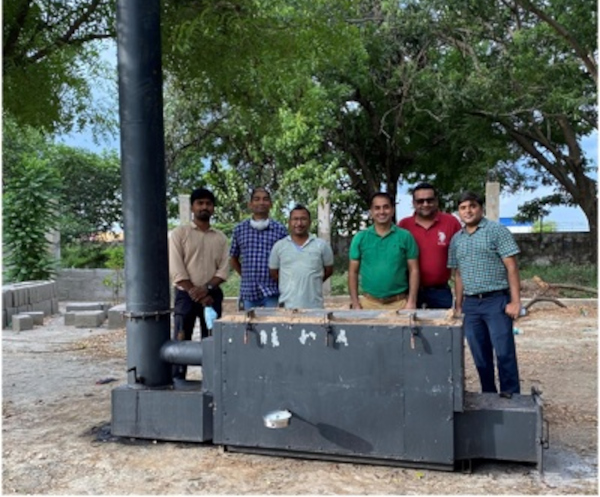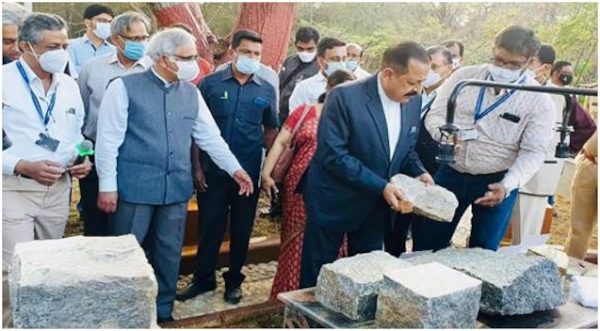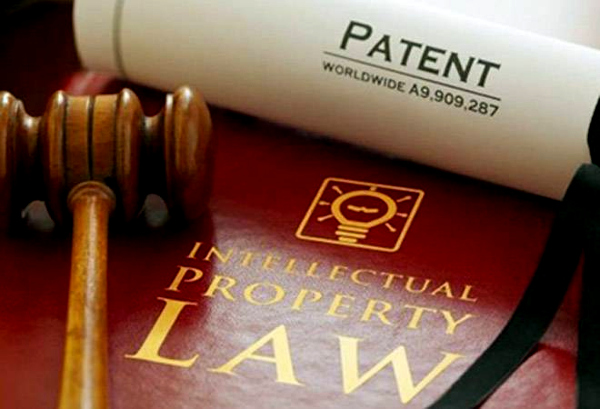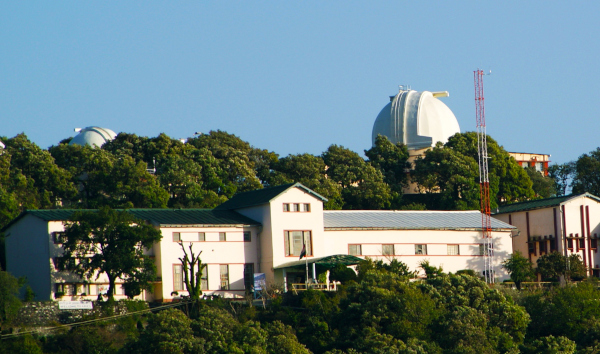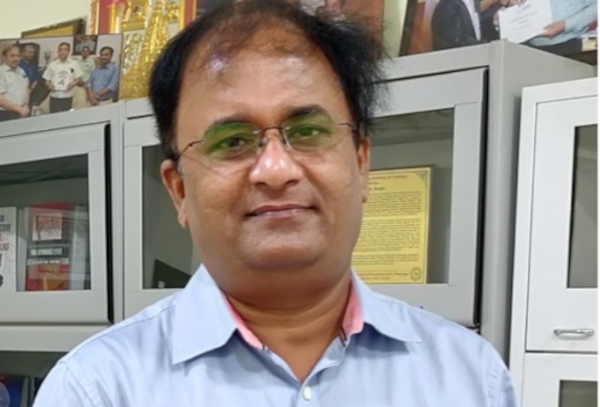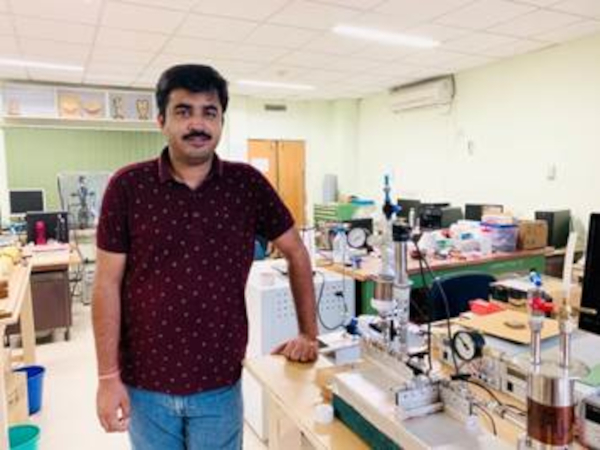Study Identifies Genetic Risk Factors for Heart Failure
A gene called β-MYH7 is one of the major genes implicated in cardiac diseases globally. However, not many genetic studies have been carried out on Indian cardiomyopathy patients. In the new study, the researchers chose to fill the gap by sequencing the β-MYH7 gene from 137 dilated cardiomyopathy patients along with 167 ethnically matched healthy controls to identify the mutation(s), if any, that are associated with dilated cardiomyopathy in Indian patients.
